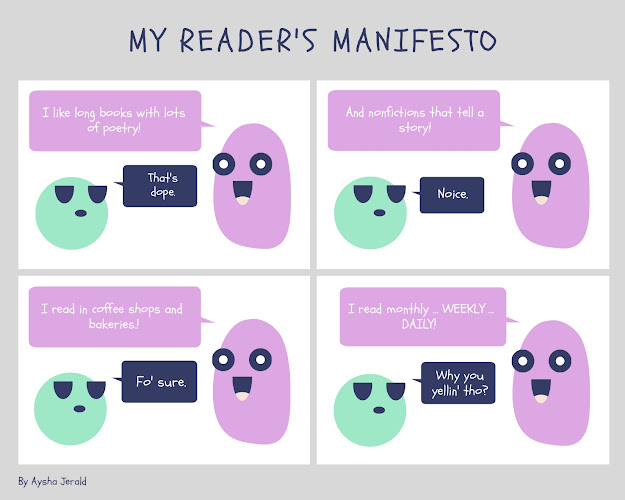Exploring the Discourse Surrounding YAL
After reading several articles with educators arguing for and against the importance of YAL in the classroom, I decided I would search for an article regarding student perception. That is to say, I wanted to know what actual students an ELA classrooms thought about the prospect of YAL as an educational tool. Fortunately, I was able to find a short article that informed me of just that. The article is entitled Resisting Readers' Identity (Re)Construction Across English and Young Adult Literature Course Contexts written by NCTE members Wendy J. Glenn and Ricki Ginsberg.
The article talks about the student response to a traditional ELA course as opposed to their response to a YAL elective. The students exhibited neglectful traits in the traditional classroom, as they depicted their teacher as a "rule maker," forcing them to be players in a game they didn't want to play. They disliked the fact that they had no say in the books they were assigned to read, and out of rebellion, many students would simply refuse to read the books. The students felt controlled and ignored in the classroom, which is also why many often refused to participate.
However, things were different in the YAL elective classroom. The students were not forced to read books from an assigned reading list. Instead, they were able to choose which books they wanted to read and the pace at which they wanted to read it. The students didn't believe their teachers a "dictator" in the class. They believed their teacher to be a "liberator," who allowed them flexibility and choice. Many reluctant readers in the YAL class became avid readers, going from reading no books to several books in the year. The class was vibrant with excitement, discussion, and participation, which is typically uncommon for an ELA class. Yet, there was something different and impactful about the YAL class to the students. Something important.
This article reaffirmed my belief that YAL needs to be taught in secondary ELA classrooms. The proof of its implications and importance is in the students'. They loved the class, and more importantly, they responded to the class. My thoughts and beliefs are no longer hypothetical. They're real.

Comments
Post a Comment